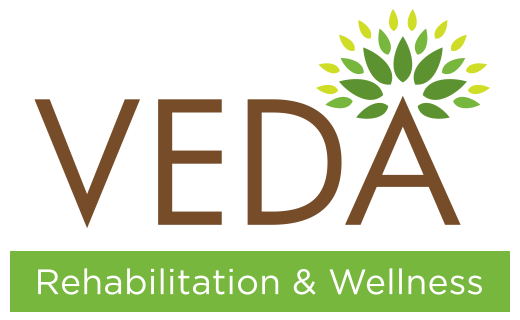A holistic approach to addiction recovery involves addressing not only the psychological and behavioral aspects of addiction but also the physical well-being of the individual.
Nutrition plays a crucial role in supporting overall health, and incorporating nutritional interventions can contribute to a more comprehensive and effective recovery process.
Here are some key components of a holistic approach to addiction recovery through nutrition:
- Balanced Diet: Encourage a well-balanced and nutrient-dense diet that includes a variety of fruits, vegetables, whole grains, lean proteins, and healthy fats. Ensure adequate intake of essential nutrients such as vitamins and minerals to support overall health and recovery.
- Hydration: Dehydration can affect mood, cognition, and physical well-being. Encourage individuals in recovery to stay adequately hydrated by drinking water throughout the day.
- Blood Sugar Regulation: Promote stable blood sugar levels through regular, balanced meals and snacks. Fluctuations in blood sugar can impact mood and energy levels, potentially triggering cravings.
- Supplementation: Consider nutritional supplements, under the guidance of healthcare professionals, to address specific deficiencies that may be common in individuals with a history of substance abuse. For example, some people in recovery may benefit from omega-3 fatty acids, B-vitamins, and vitamin D supplementation.
- Mindful Eating: Encourage mindful eating practices to promote a healthier relationship with food. Mindful eating involves paying attention to the sensory aspects of eating, such as taste and texture, and being aware of hunger and fullness cues.
- Gut Health: Support gut health through the consumption of probiotic-rich foods (e.g., yogurt, kefir, sauerkraut) and prebiotic foods (e.g., garlic, onions, bananas). Emerging research suggests a connection between gut health and mental well-being.
- Meal Planning and Preparation: Practical skills such as meal planning and preparation promotes independence and self-sufficiency in maintaining a healthy diet.
- Educational Programs: Educational programs on nutrition and its impact on mental health and recovery. Understanding the connection between what we eat and how we feel can empower individuals to make healthier choices.
- Stress Management: Stress-reducing techniques such as yoga, meditation, and deep breathing exercises can be a part of the holistic approach. Chronic stress can negatively impact both mental and physical health.
It’s important to note that nutritional interventions should complement, not replace, traditional addiction treatment methods. Integrating a holistic approach that addresses the physical, emotional, and social aspects of recovery can contribute to a more robust and sustainable healing process. It’s crucial to always consult with healthcare professionals, including nutritionists and dietitians, to develop personalized nutrition plans for individuals in addiction recovery.

